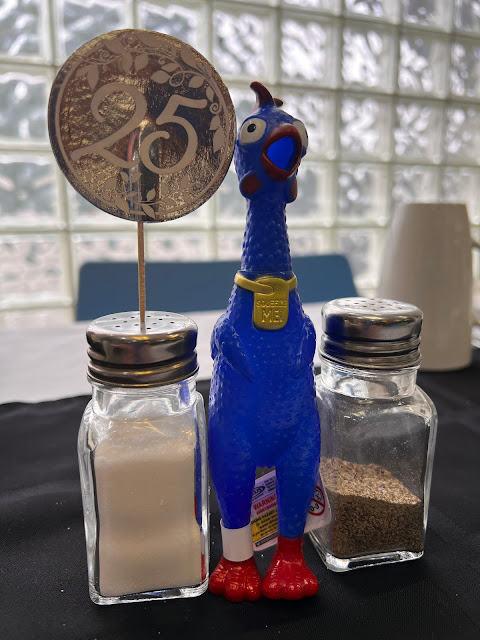On this day, many Canadians don the colour orange to mark the experiences of Phyllis Webstad, whose grandmother gave her an orange shirt on the first day Phyllis was taken to a residential school.
Less than ten years ago, I learned the residential schools and their mission to erase Indigenous culture nationwide weren't completely shut down until 1996. Aside from their stated goal of assimilation, the residential schools were, by all accounts, hellholes that traumatized tens of thousands of Indigenous children.
The shameful existence of residential schools is, sadly, far from the only way non-native Canadians have mistreated Indigenous peoples since European settlers first came to North America. Even today, Indigenous issues remain a low priority for all levels of government in Canada.
I haven't been a very good ally for Indigenous peoples, but today I realized there is one thing I can do, for a small beginning: at every opportunity, we should be asking our elected officials and candidates for office how they are addressing Indigenous issues: the poorer health outcomes, disproportionate rates of incarceration, missing and murdered women, lack of representation, poverty, and justice for residential schools, forced relocation, dealing in bad faith, and so much more.
Like it or not, politicians have influence, and as their voters, we, in turn, can influence them. If enough non-Indigenous Canadians show we, too, care about Indigenous issues, maybe we can start righting a few wrongs.





















































